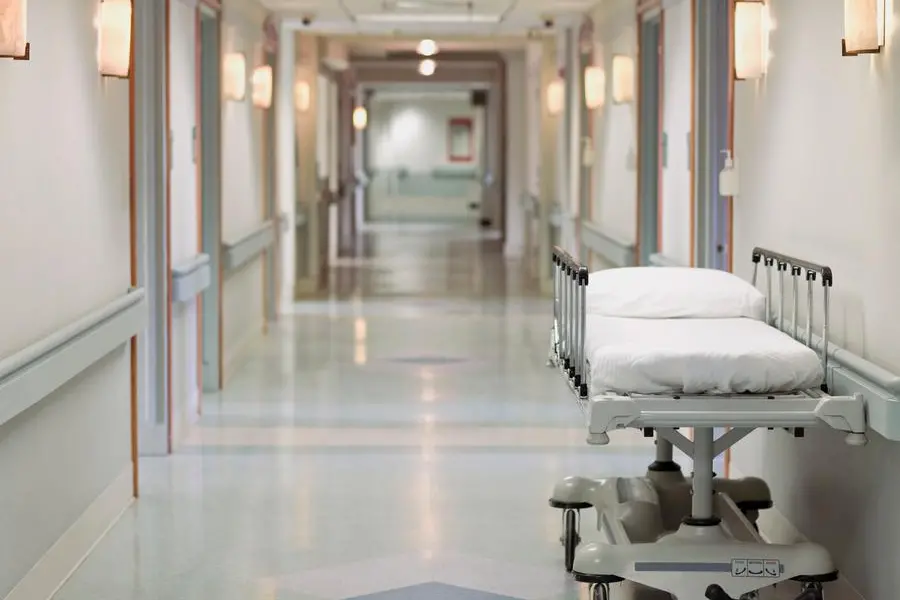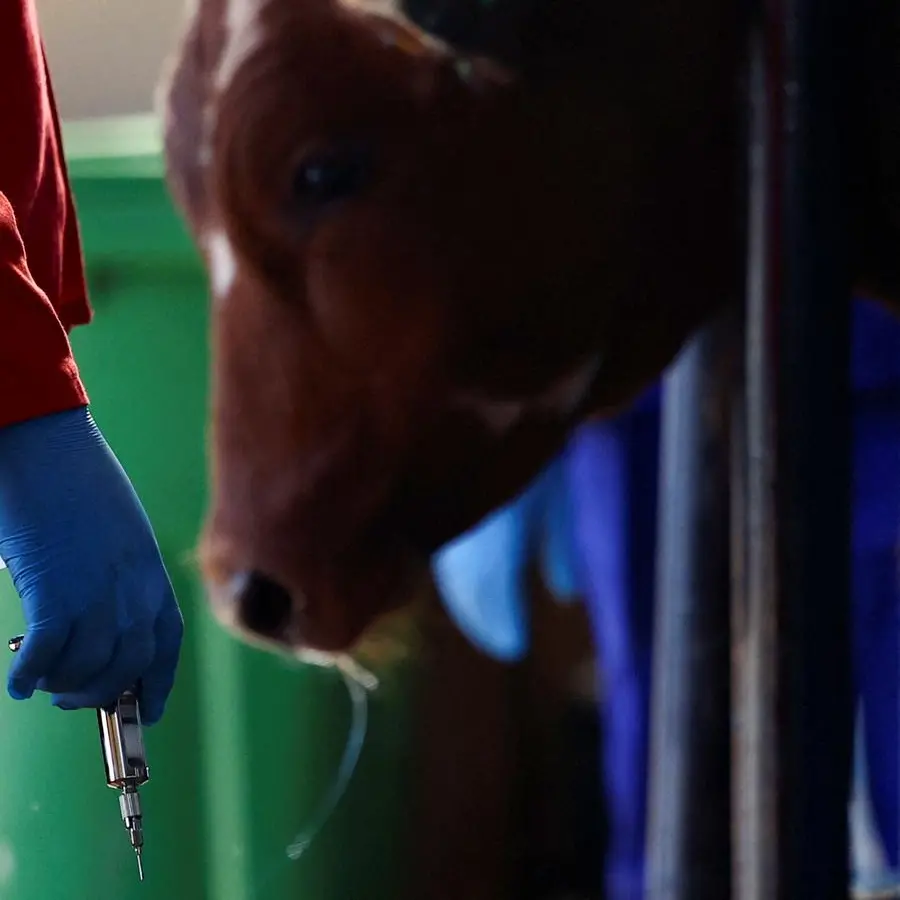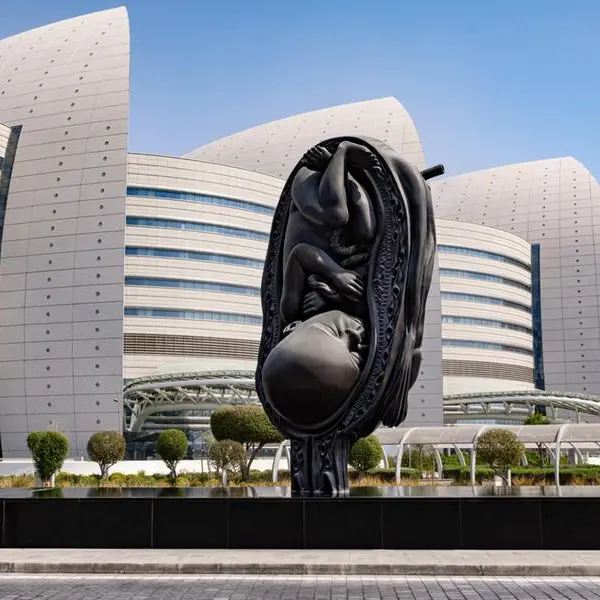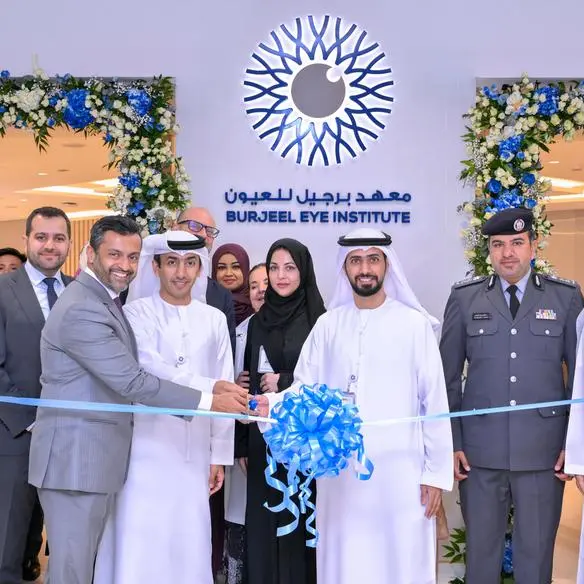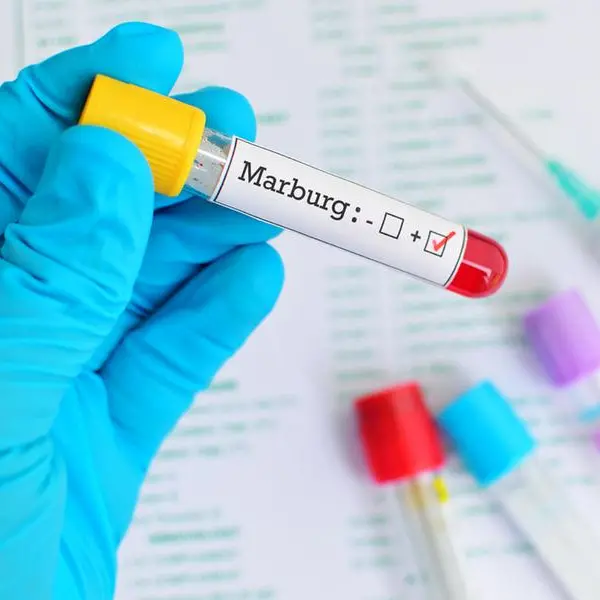PHOTO
Egypt’s Prime Minister, Mostafa Madbouly, convened a meeting on Tuesday to review progress on the National Self-Sufficiency of Plasma Derivatives Project. The initiative aims to achieve domestic production of plasma-derived medicines, reduce reliance on foreign imports, and ultimately establish a high-tech manufacturing facility.
The meeting included key divs like Khaled Abdel Ghaffar, Deputy Prime Minister and Health Minister, Mohamed Awad Taj El-Din, Presidential Health Advisor, Bahaa El-Din Zidan, head of the Egyptian Authority for Unified Procurement, and Magdy Amin, CEO of Grifols Egypt for Plasma Derivatives.
Abdel Ghaffar presented a report outlining the project’s goals. These include self-sufficiency in plasma-derived medicines, technology and expertise localization within the industry, and establishing regional leadership in manufacturing, production, and distribution of plasma derivatives across the Middle East and Africa.
Abdel Ghaffar explained that currently, plasma collected in Egypt is sent to Grifols Spain for processing until a domestic fractionation and manufacturing facility is completed.
Amin elaborated on the project’s components, which include a network of plasma donation centres, a central laboratory, a main plasma storage facility, a future manufacturing facility, and Grifols Academy.
Amin detailed the network of plasma donation centres, which is planned to encompass 20 locations across various governorates. The central laboratory, designed to meet international standards, will conduct tests to ensure donor safety and product quality. The main storage facility, equipped with a capacity of 600,000 litres (expandable to 1.2 million), will utilise a fully automated logistics system.
The planned manufacturing facility will house a fractionation plant and a purification plant with a combined capacity of processing up to one million litres of plasma annually. Grifols Academy aims to provide specialised training programs in plasma and quality control to equip the project’s workforce.
Amin highlighted the 6th of October Center as the project’s initial launchpad. This centre, the first accredited by the Egyptian Drug Authority for plasma collection, boasts a central laboratory capable of conducting 1.5 million tests per year and temporary storage with a capacity of 28,000 litres.
He elaborated on the progress of the network, noting that the first phase encompasses approximately ten donation centres, with work ongoing to establish additional centres in the second phase. Amin further showcased the success of Egyptian plasma in 2024, with immunoglobulin achieving 100% self-sufficiency and human albumin meeting 40% of local needs.
Significantly, Grifols Egypt’s plasma donation centres secured the first international quality certificate outside of the Americas and Europe.
The meeting concluded with Taj El-Din emphasising the project’s significance. He lauded its contribution to producing life-saving medications and Egypt’s ability to navigate this highly precise and error-intolerant field.
© 2024 Daily News Egypt. Provided by SyndiGate Media Inc. (Syndigate.info).
